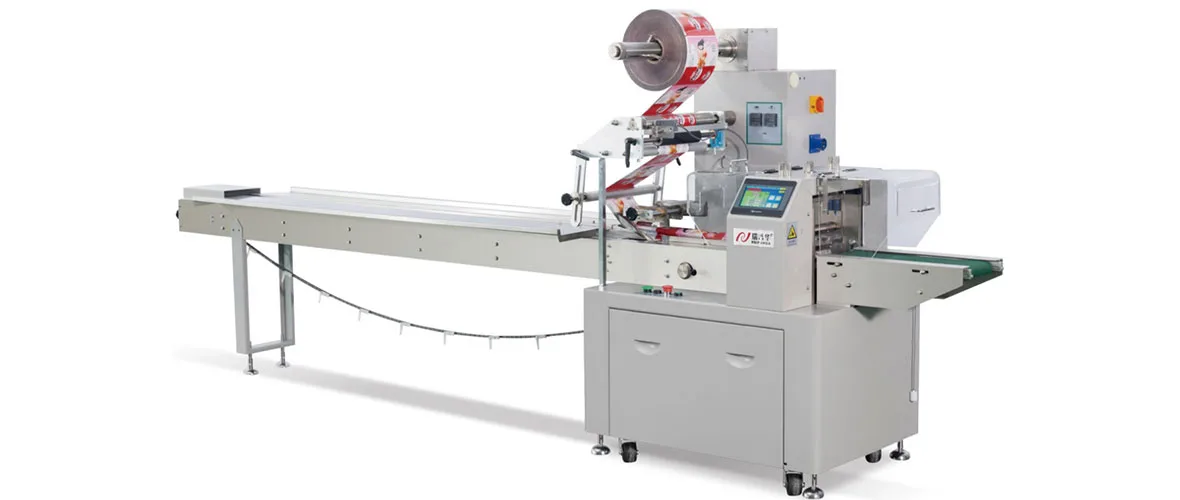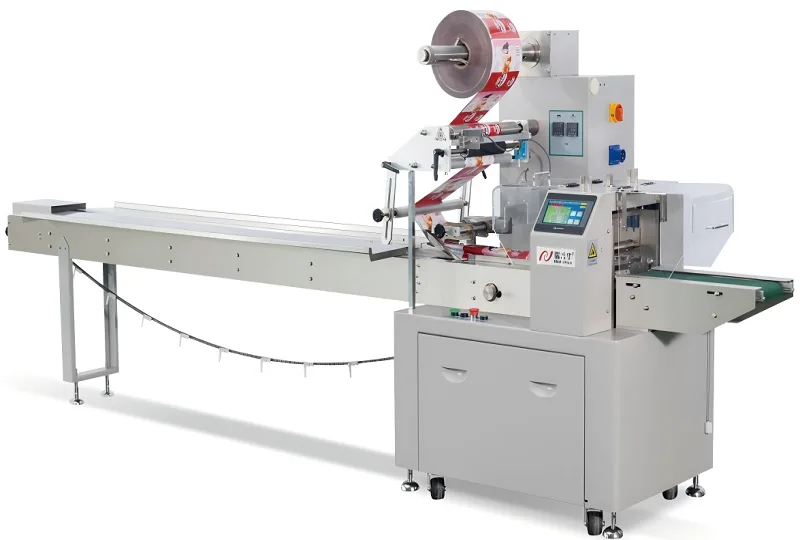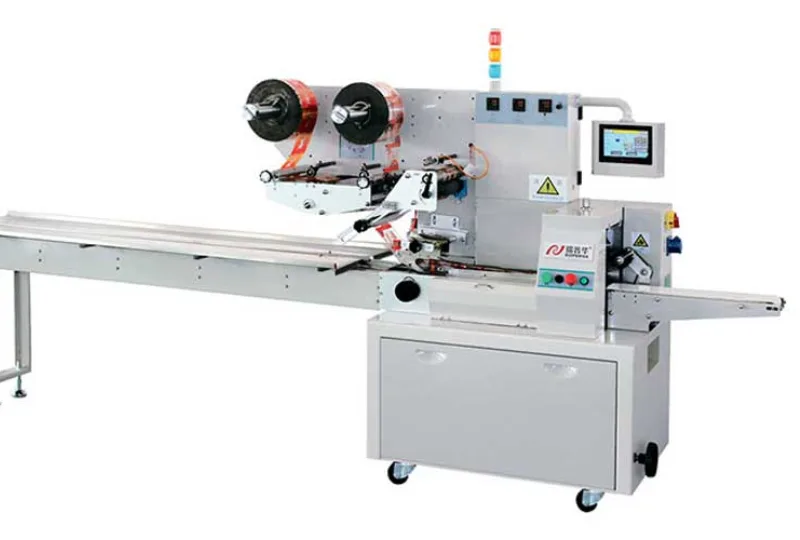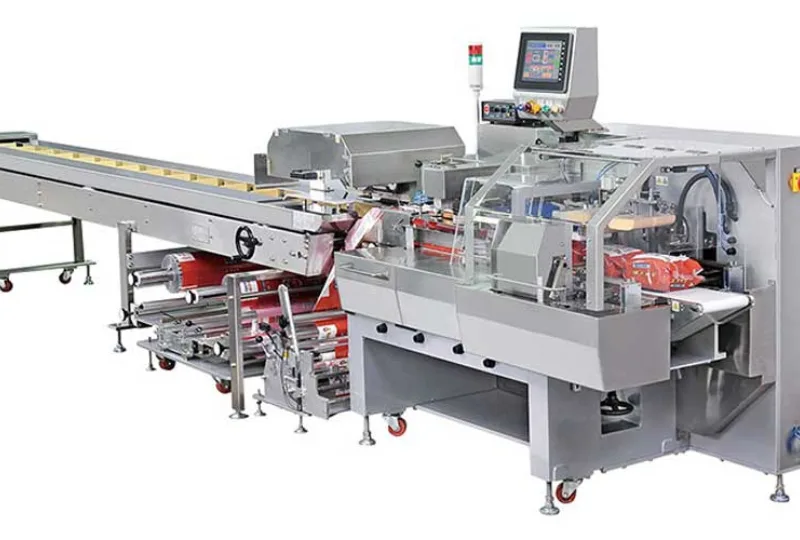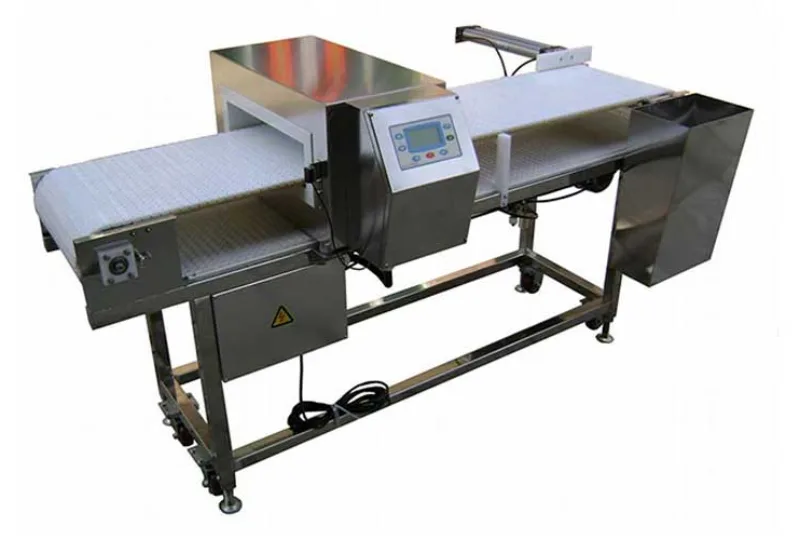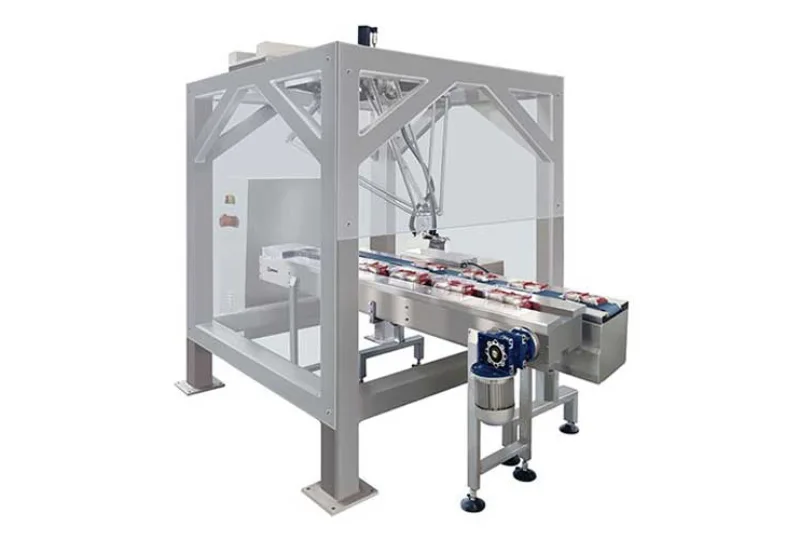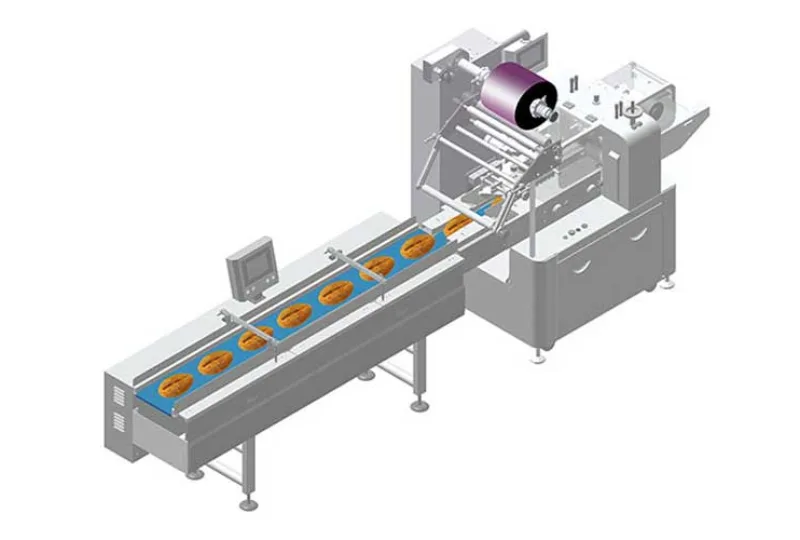The Environmental Impact of Plastic Pipe Packing Machines and Eco-Friendly Solutions
The use of plastic packing machines in the pipe industry poses a significant threat to the environment. These machines rely heavily on single-use plastic, which contributes to landfills, pollutes oceans, and harms wildlife. Understanding the environmental repercussions of these machines and exploring eco-friendly alternatives is crucial for promoting sustainability in the industry.
Plastic Waste Generation and Disposal
Plastic pipe packing machines generate considerable amounts of plastic waste, primarily through the use of plastic films, wraps, and cushioning materials. These plastics are often non-biodegradable and take hundreds of years to decompose, contributing to the growing plastic waste crisis. Improper disposal practices, such as landfilling or incineration, further exacerbate the environmental impact.
Greenhouse Gas Emissions
The production and use of plastic pipe packing machines require significant energy consumption, contributing to greenhouse gas emissions. Non-renewable fossil fuels are often used to power these machines, releasing carbon dioxide and other pollutants into the atmosphere. The disposal of plastic waste also generates emissions, either through incineration or decomposition in landfills.
Pollution of Water Resources
Plastic waste from pipe packing machines can end up in waterways, polluting rivers, lakes, and oceans. Small plastic particles, known as microplastics, can be ingested by marine life, causing harm to their health and entering the human food chain. Plastic films and wraps can also suffocate aquatic organisms and disrupt ecosystems.
Eco-Friendly Solutions
To mitigate the environmental impact of plastic pipe packing machines, eco-friendly solutions must be adopted. These include:
Biodegradable Materials
Replacing traditional plastic packing materials with biodegradable alternatives, such as paper, cardboard, or plant-based films, can significantly reduce the environmental burden. Biodegradable materials decompose naturally over time, reducing the accumulation of plastic waste.
Reusable Packing Systems
Reusable packing systems eliminate the need for single-use plastics. These systems consist of durable containers or crates that can be repeatedly used to transport and protect pipes. Reusable systems reduce waste generation and lower the environmental footprint.
Waste Reduction Technologies
Waste reduction technologies, such as pellet packing or vacuum packing, can minimize the amount of packing materials required. These techniques use advanced technology to compress pipes into smaller volumes, reducing the need for excessive packing materials.
Recycling and Recovery
Establishing effective recycling programs for plastic packaging is crucial for mitigating its environmental impact. By collecting and recycling used plastics, we can reduce waste generation and conserve resources. Proper waste management practices ensure that plastic materials are recycled into new products instead of being disposed of in landfills.
Conclusion
The environmental impact of plastic pipe packing machines is a serious concern that requires immediate action. By adopting eco-friendly solutions, such as biodegradable materials, reusable packing systems, waste reduction technologies, and recycling programs, the industry can reduce its environmental footprint and promote sustainability. Embracing these solutions is essential for protecting our planet and ensuring the well-being of future generations.
-
01
Packaging Machinery: Beyond Sealing, Driving an Efficient, Smart, and Sustainable Future
21-01-2026 -
02
Automatic Tray Loading and Packaging Equipment: Boost Efficiency to 160 Bags/Minute
21-11-2025 -
03
Automatic Soap Packaging Machine: Boost Productivity with 99% Qualification Rate
21-11-2025 -
04
A Deep Dive into Automatic Toast Processing and Packaging System
18-11-2025 -
05
The Future of Bakery Production: Automated Toast Processing and Packaging System
18-11-2025 -
06
Reliable Food Packaging Solutions with China Bread, Candy, and Biscuit Machines
11-10-2025 -
07
High-Performance Automated Food Packaging Equipment for Modern Production
11-10-2025 -
08
Reliable Pillow Packing Machines for Efficient Packaging Operations
11-10-2025 -
09
Advanced Fully Automatic Packaging Solutions for Efficient Production
11-10-2025 -
10
Efficient Automatic Food Packaging Solutions for Modern Production
11-10-2025






